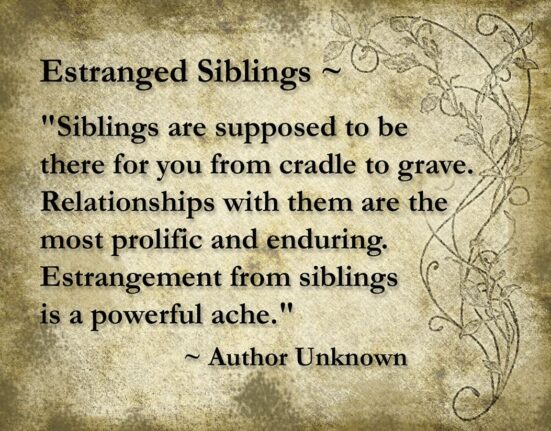Jacinda Ardern, the former prime minister of New Zealand, has left a lasting impact on the world with her memoir, “A Different Kind of Power.
” The book delves deep into her personal life, political career, and the emotional challenges she faced during her tenure.
The memoir opens with a poignant moment when President Donald Trump questions if the Christchurch mosque shooting was an act of terrorism. Ardern’s response is firm as she identifies the white Australian perpetrator as a terrorist. This incident sets the tone for Ardern’s narrative about empathy and leadership.
As readers journey through Ardern’s memoir, they are welcomed into her world – from her upbringing in a Mormon household to her unexpected rise in politics and eventually becoming a mother while leading a nation. The book beautifully captures not just the political battles but also the intimate moments that shaped Ardern’s character.
One can’t help but be drawn to Ardern’s genuine compassion and unwavering empathy towards others. Her dedication to “
the criers, worriers and huggers
” reflects her commitment to kindness over everything else. Despite initial skepticism about the lack of factual content in the book, readers find themselves immersed in emotions by its end.
Through tears and laughter, readers witness Ardern navigating through crises like the Christchurch massacre, floods, and the COVID-19 pandemic. Her reflections on balancing motherhood with leadership shed light on societal expectations placed on women in power.
Surprisingly absent from the memoir is an in-depth discussion on the relentless attacks Ardern faced, especially post-pandemic. Academic Suze Wilson highlights the abusive nature of critiques towards Ardern, showcasing a darker side to political discourse.
While known for her empathy, Ardern doesn’t shy away from criticizing individuals like David Seymour for his actions during critical moments. Her strong stance against compromising values for political gain underscores her unwavering principles.
The memoir captures moments of vulnerability intertwined with resilience as seen when Ardern accidentally refers to Seymour as an “
arrogant prick.” This raw honesty adds depth to her portrayal as a leader struggling with human flaws amidst immense responsibilities.
Ardern’s decision to step down after six years echoes throughout the pages as she grapples with personal sacrifices demanded by public office. Her advice to aspiring politicians emphasizes humility and empathy as essential qualities that define true leadership.
In conclusion, Jacinda Ardern’s memoir transcends traditional political narratives by highlighting compassion and understanding as potent forces of change. It serves as a reminder that true strength lies not just in policy decisions but in embracing our shared humanity amidst turmoil – a lesson much needed in today’s world.









Leave feedback about this